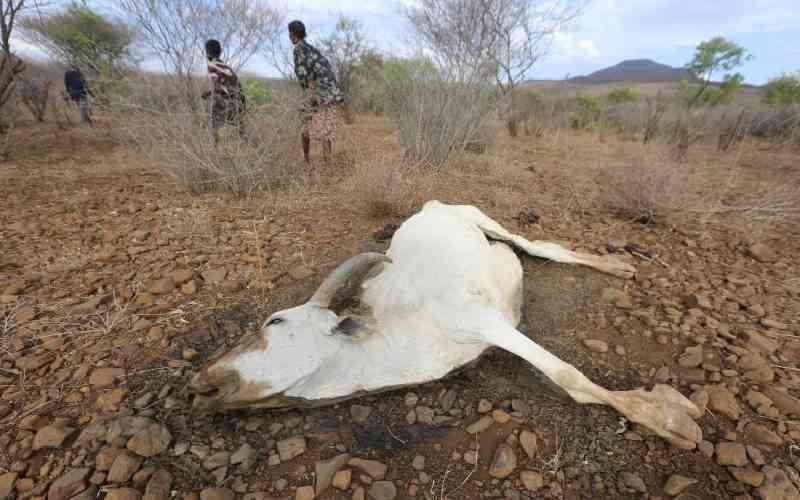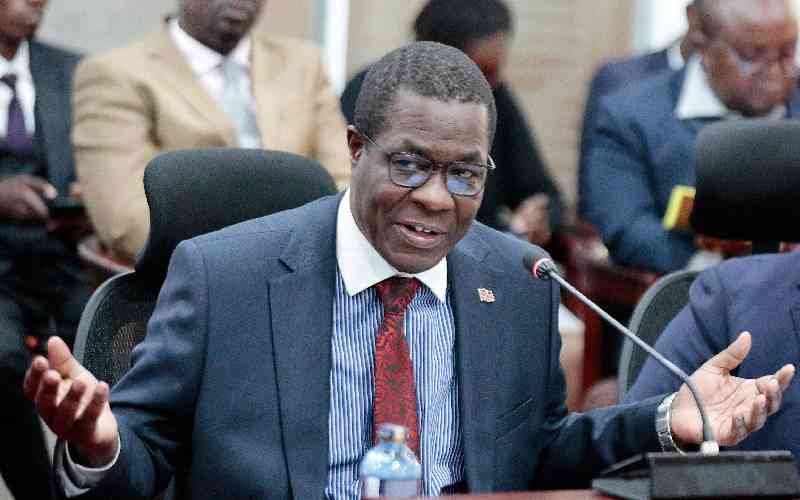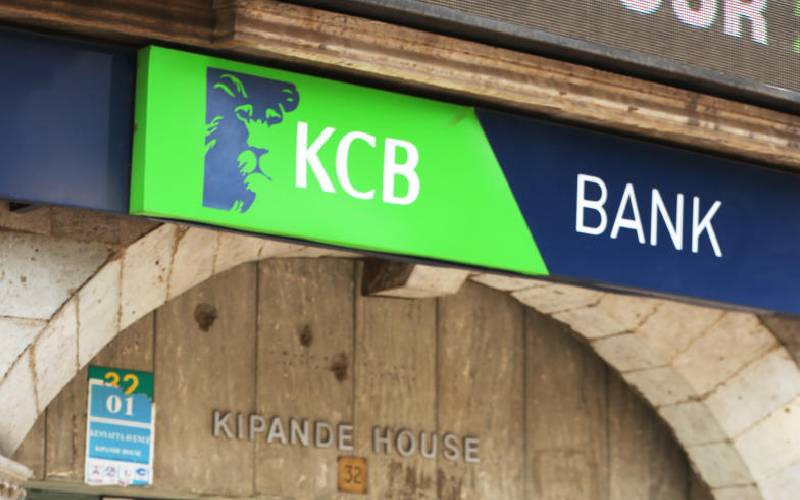×
The Standard e-Paper
Smart Minds Choose Us

Pressure is mounting on Kenya to review non-tariff barriers involving Ugandan milk products entering the local market.
Sources in the government have confided that the Kenya Dairy Board (KDB) is committed to resolving the matter in the next few days.







